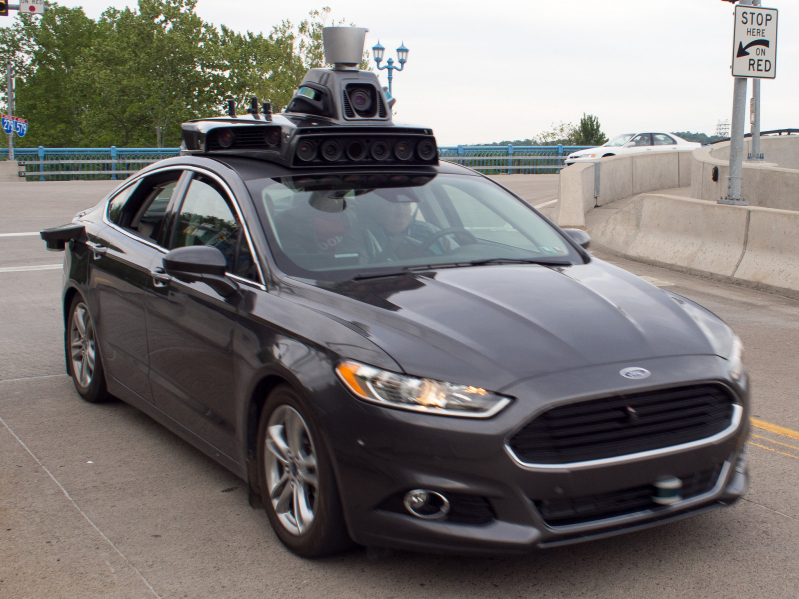
Uber refuses to follow orders to stop its self-driving vehicle tests on the public roads of San Francisco. This is even after California’s Attorney General had sent a letter to the popular ride-hailing company last Friday. Uber was asked to first apply for a permit from the California Department of Motor Vehicles. Otherwise, it cannot continue to test its cars.
The USA Today reported on Monday that Uber said it will keep on testing 11 self-driving cars in San Francisco. This is despite the fact that the California’s Office of the Attorney General might resort to legal action if it really does not want to ‘immediately’ remove its test vehicles from public roads. The above-mentioned letter mentioned that “the Attorney General will seek injunctive and other appropriate relief” to stop the testing.
Uber insisted that they don’t need to have a DMV permit. They said in an email to The USA Today that their self-driving cars are using the same advanced driver-assistance systems as some luxury cars. Anthony Levandowski insisted that the permit does not apply to them. This is why they can’t comply with the regulation that the State of California is pointing out.
Unfortunately for Uber, its self-driving seems to be covered by the California Vehicle Code Section 38750. DMV is required to “adopt regulations governing both the testing and public use of autonomous vehicles on California roadways”. Furthermore, the state defined ‘autonomous vehicles’ as “any vehicle equipped with autonomous technology that has been integrated into that vehicle”. The autonomous technology it covers is described as having the “capability to drive a vehicle without the active physical control or monitoring by a ‘human operator’”.
Uber already received a cease-and-desist letter from DMV back on Dec. 14. This is on the same day that Uber had actually announced that it was “bringing Volvo XC90s to San Francisco… Starting today, a rider who request an UberX in San Francisco will be matched with a self-driving Uber if one is available”.
According to the San Francisco Chronicle, the company forgot to get approval from the California DMV. Its Chief Counsel explained on the letter that the said regulations developed two years ago “foster technical innovation and ensure the safety of the motoring public”.
The DMV strengthened its case by citing the 20 companies that actually have permits to operate 130 test vehicles. Among those that are “obeying the law” are Volkswagen, Mercedes Benz, Google, Tesla Motors, Bosch, Nissan, GM Cruise LLC, BMW, Honda, and Ford. It is surprising for Uber to not follow suit and simply apply for a permit from DMV.






